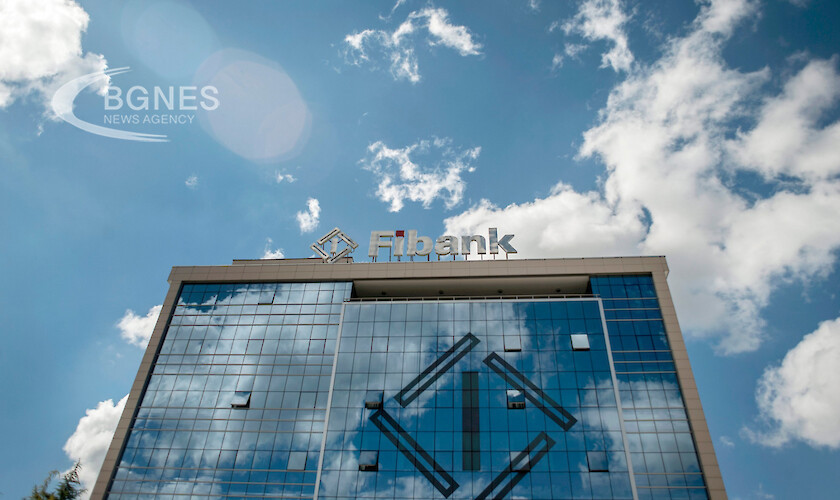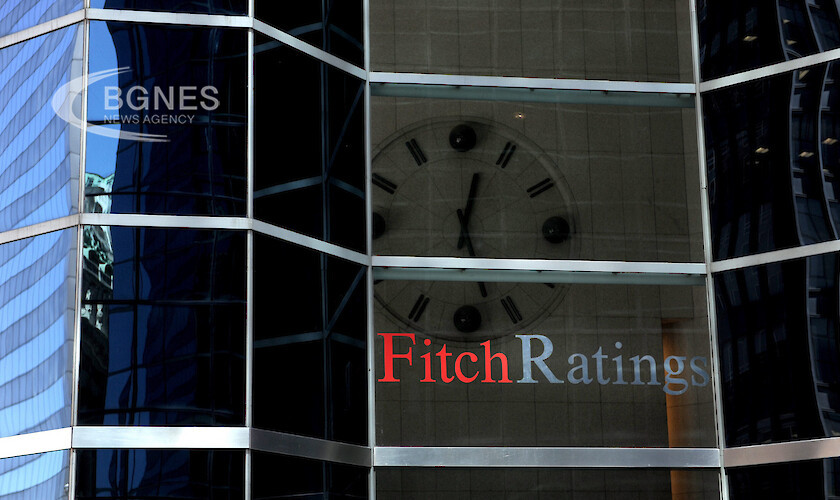What does the Fitch Ratings' report on Fibank (really) reveal?
The interest in First Investment Bank has always been great over the years. The reasons for this have been many and varied. For example, it is one of the largest banks in the country, ranking fifth in asset size. It is also the largest Bulgarian-owned bank, and the one associated with Bulgaria's entry into the EU Banking Union and hence in the European Exchange Rate Mechanism (ERM) II.

Well, it did not fall into the group of systemically important banks designated by the ECB to come under its direct supervision. But this fact, at least for now, has not stopped the efforts of Fibank, majority-owned by Ivaylo Mutafchiev and Tzeko Minev, to continue its investments in increased stability. These efforts have led to Fitch Ratings affirming its 'B' rating with a negative outlook, awarded back in November 2020.
Within the year from the beginning of the pandemic, the agency has affirmed the ratings of most Bulgarian banks, keeping their negative outlook. And this is hardly surprising. In a highly volatile business environment, aggravated by the COVID-19, the rating agency has been extremely conservative in its assessments both in terms of loan portfolios and of prospects for increasing the profitability of banks in the country. It is true that those owned by large foreign parent companies have higher ratings than private banks with Bulgarian capital. We should not forget, however, that one of the reasons for this is the possibility to resort to financing from such parent banks, which is cheaper than attracting local funds, and to raise additional liquidity if necessary. This is explicitly stated in the reports of the rating agencies.
But to return to Fibank. The Fitch report highlights the need for the bank's management to continue its efforts towards increasing profitability as a source of raising capital, and to reduce credit risk. It is true that the rating agency’s expectations are not optimistic regarding the fulfillment of the first goal. But the bank's results for both 2020 and the first quarter of 2021 say otherwise. According to BNB data, the bank's profit at the end of March 2021 was BGN 12.96 million, or nearly BGN 3.5 million higher than the BGN 9.46 million reported a year earlier (YoY growth of nearly 37%).

A more or less similar trend is observed in the consolidated reports of the Fibank group, where over the last year the profit has increased by nearly BGN 4.05 million (34.35%), to BGN 15.84 million. At the same time, for the period there was an increase in loan loss provisions from BGN 17.15 million to BGN 23.86 million, given that the Bulgarian banking sector as a whole has reduced this expense of vital importance for financial and capital sustainability by BGN 30 million.
The above figures indicate that First Investment Bank treats credit risk responsibly and continues to invest in increasing its stability. For years, Fibank operated with more expensive funding than its direct competitors, relying mainly on the local deposit market. And it did great, regardless. Thanks to timely management decisions, the cost of funding is now equalized, which places the bank in an extremely favorable position compared to competition in Bulgaria.
It should also not be overlooked that the bank has reported a growth in exposures without increase of credit risk from BGN 4.3 billion to BGN 4.45 billion. At the same time, exposures with significant increase of credit risk have dropped from BGN 1.02 billion to BGN 970 million over the first quarter. There was an increase in non-performing exposures but only by BGN 2.2 million, while exposures 90+ days overdue decreased by almost BGN 14.6 million.
If we return to the profitability of the bank, reports show an increase in net interest income by BGN 2.1 million (3.41%), and in fee and commission income by BGN 1.5 million (6.16%). For the same period (March 2020 - March 2021), the net interest income of the Bulgarian banking sector as a whole has shrunk by nearly 3%, while fee and commission income has increased by about 4.33 percent. In other words, Fibank has fared quite well in means of operating income and if these results are maintained, it may well continue with its conservative approach to provisioning, and/or have better options to increase its equity. /BGNES
-------
Author: Petar Iliev, https://money.bg/




